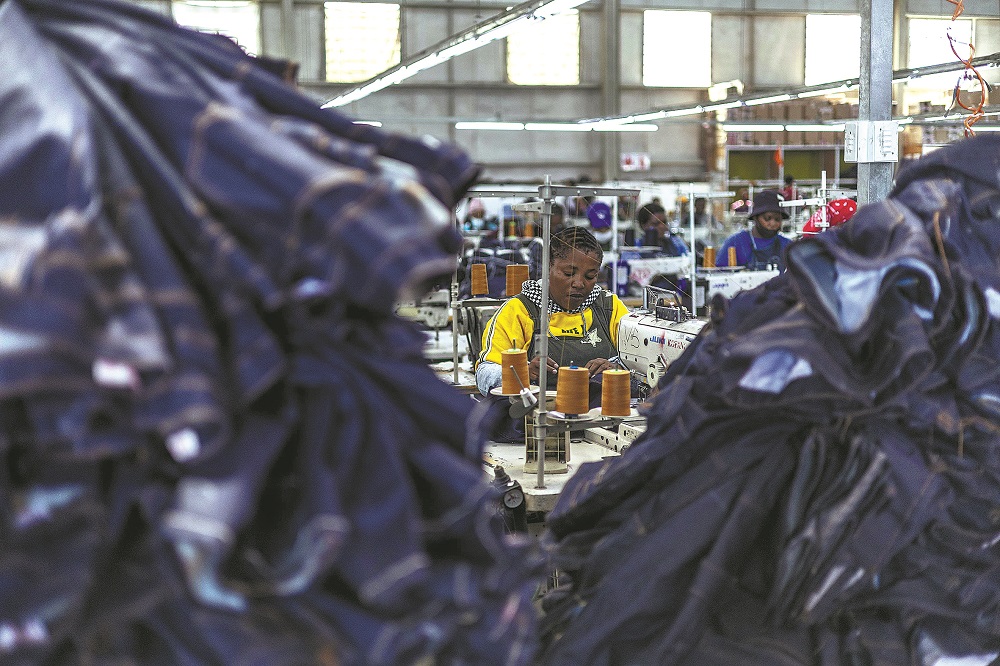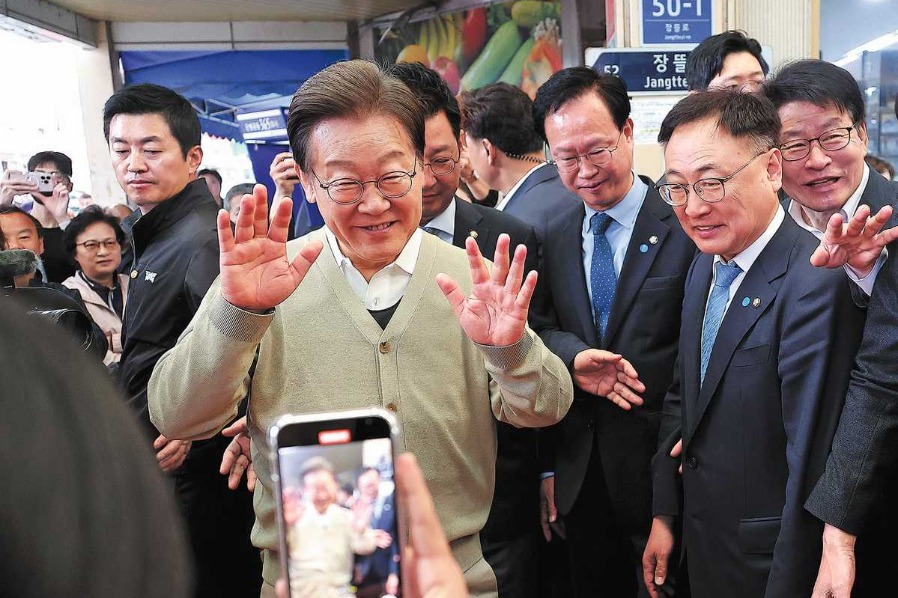With trade pact nearing expiry, African nations confront new realities


For 25 years the African Growth and Opportunity Act has been instrumental as a trade program that has granted goods from eligible sub-Saharan African countries duty-free access to the United States. However, the act is due to be renewed in September, and African experts argue that the continent will have to rethink its trade policies.
Antony Mwangi, former chief executive of the Kenya Association of Manufacturers, said that as the expiry date looms all eyes are on the potential effect of the US' "America First" policy, which is bound to be detrimental to arrangements such as AGOA.
"With the US Congress in the process of deliberating the extension of the trade agreement for a further 16 years this year, the future of this significant trade framework hangs in the balance," Mwangi said.
"It is possible that the trade pact will be axed in favor of bilateral agreements that hinge on reciprocal trading relationships."
Felistus Kandia, lead trade researcher at Mashariki Research and Policy Center in Nairobi, agreed, saying the US stance of being skeptical of multilateral trade agreements while favoring bilateral ones that favor US interests may mean African countries have to seek new deals with the US beyond the AGOA arrangement, such as individual free trade agreements.
"With AGOA's future in doubt, African countries must proactively explore alternative trade arrangements with the US," Kandia said.
Even without scrapping AGOA, the US has already demonstrated its willingness to revoke the pact's benefits for African countries that fail to align with its foreign policies and international interests, she said.
Mali, Guinea and Ethiopia were removed from the AGOA program in 2022 over US concerns relating to human rights, and Uganda was struck off the list early last year because of alleged gross violations of internationally recognized human rights.
"South Africa's geopolitical positioning, particularly its stance on the Israel-Palestine conflict, has raised doubts over its continued eligibility for AGOA even if the agreement is renewed," Kandia said. "African countries must therefore prepare for a scenario where AGOA is renewed but access for individual countries is conditioned on stricter political and economic criteria."
Seeking opportunities
Despite the challenges that loom as a result of AGOA expiring, including loss of a ready market and job losses, experts say this may present the continent with opportunities to redefine its trade policies to its advantage.
Mwangi said that even though AGOA was initially heralded as a sweetheart deal for Africa, it often served as a strategic maneuver by the US to foster its economic interests, such as exporting secondhand clothes to Africa while limiting the continent's textile industry.
So the uncertainty surrounding AGOA's renewal presents an opportunity for African countries to break free from their dependence on traditional raw exports to adding value by venturing into new high-value industries, Mwangi said.
This can be attained through investments in infrastructure such as special economic zones and industrial parks, which can help attract both local and foreign investors into value-adding industries.
In the wake of US tariffs, Kandia urged African stakeholders to consider regional integration initiatives such as the African Continental Free Trade Area agreement as a powerful alternative in boosting regional supply chains and improving trade.
"Africa should explore stronger trade relations with other markets like China, the European Union and emerging markets from Asia. Strengthening ties with China ... or creating economic partnership agreements with the European Union can provide duty-free access while mitigating the effects of losing AGOA benefits," Kandia said.

































